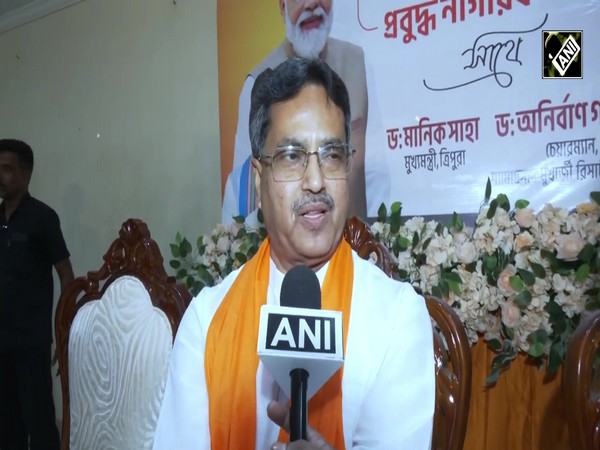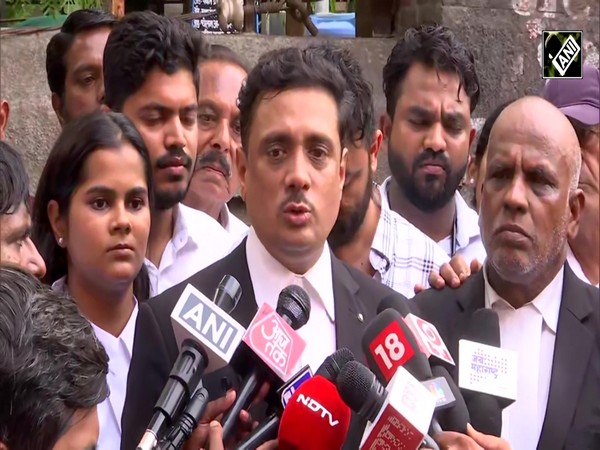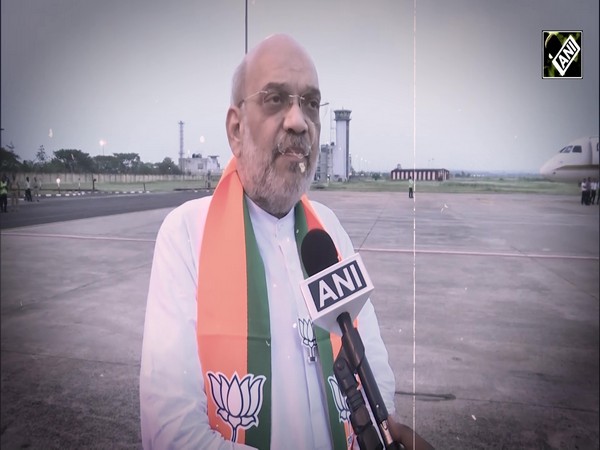Jaishankar meets ex-Australian PM Kevin Rudd, discusses global affairs
Aug 29, 2022

New Delhi [India], August 29 : External Affairs Minister S Jaishankar on Monday met with the former Prime Minister of Australia Kevin Rudd wherein both the leaders discussed the current global state of affairs.
In a tweet following the meeting, Jaishankar wrote, "Great to meet former Prime Minister of Australia Kevin Rudd this morning. An interesting discussion on the state of the world, as always."
Former Australian PM Rudd is in Delhi with former UN Secretary General Ban Ki-moon for the launch of new Asia Society Policy Institute report on how India can get to net zero. As it is for every country, India has a huge opportunity ahead of it in reducing emissions, said Rudd earlier on Sunday.
At the World Leaders Summit at COP26 in Glasgow in November 2021, Prime Minister Narendra Modi surprised the world by announcing that India will achieve net zero emissions by 2070. PM Modi also announced a series of updates to India's 2030 targets in his five-part panchamrit on climate while offering a vision of sustainable lifestyles.
Together, these updated pledges -- which India has recently moved toward formalizing under the UN process -- reflect India's political will to seek a cleaner development pathway in the face of projected rapid economic growth.
India's decision to step up on climate comes ahead of a pivotal moment for Asian and Indian leadership, especially with India assuming the G20 presidency in 2023 and the Asia Pacific Group hosting COP28.
The new Getting India to Net Zero report from the High-level Policy Commission on Getting Asia to Net Zero explores how India can achieve net zero emissions in a manner that is beneficial to its economy, society, and place in the world.
The Commission was launched in May 2022 under Asia Society Policy Institute and Asia Society President Kevin Rudd's leadership to advance a powerful, coherent, and Paris-aligned regional vision for net zero emissions in Asia.
Through research, analysis, and engagement, the Commission's diverse set of recognized Asian and global leaders aim to provide recommendations for how Asia and key countries can realize net zero emissions, including how climate action can boost the region's economy, trade, interconnectedness, and livelihoods.
The report's insights are informed by new modelling commissioned by the High-level Policy Commission to show the opportunities and tradeoffs associated with India's options to meet its existing emissions reduction targets and increase its medium- and long-term ambition, said Asia Society.
As the report's modelling illustrates, India's decision to step up on climate is consistent with its long-term economic ambitions and interests. Achieving net zero emissions by 2070 could boost India's economy by as much as 4.7 per cent above projected baseline growth in GDP terms by 2036 -- worth a total of USD 371 billion -- with long-run effects still maintaining 3.5 pc growth above baseline by 2060.
Further policies could make net zero possible by mid-century and lead to even greater benefits. The Commission's foreword translates these insights into actionable advice for India's climate policy stakeholders to capitalize on the opportunities of net zero action while constructively addressing related challenges.
















